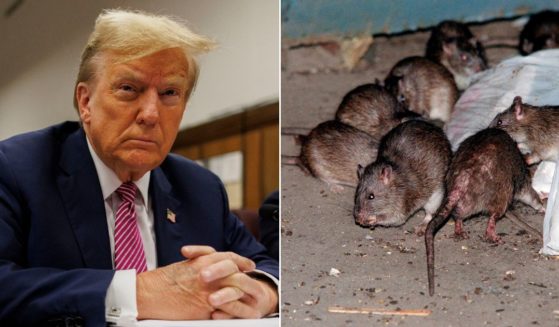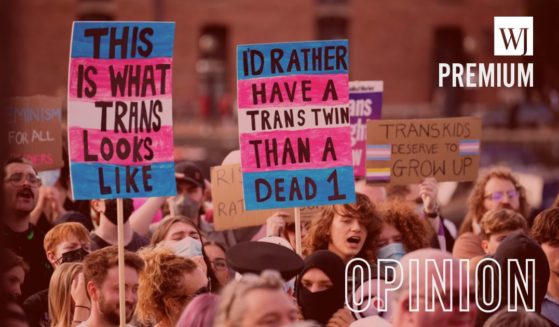Notice What's Missing in This Map of the Most Racist Countries?
Skin color absolutely dominates liberal politics in the United States.
From “progressive” college diversity quotas to Sen. Elizabeth Warren’s ill-fated attempt to convince the nation of her Cherokee heritage, a majority of the left’s rhetoric depends on the belief that our country is a villainous hive of racism.
Fortunately, this misconception can easily be swept away thanks to a simple question posed to people around the globe.
The World Values Survey, which has decades of studies under its belt, asked residents in over 80 countries to choose what type of people they would not want as neighbors. One of the possible answers was “people of a different race.”
Respondents were grouped by country, with the neighbor-of-a-different-race rejection rate serving as a good indication of how racist the nation as a whole is.
And if the results were presented as a list, America wouldn’t even be close to the top 25.
The findings of the survey, reported by The Washington Post in 2013, seem to vindicate America and many other countries in the western world.
The news organization also applied the data to a world map, letting it take on a whole new life.

The deep blue color of the United States indicates that it isn’t a dangerously racist country, but rather one of the most accepting on the planet.
And while America has its Bible Belt, the rest of the world seems to have a Hate Belt. It stretches from North Africa to the South Pacific, broken only by a surprisingly tolerant Pakistan.
Max Fisher, who wrote about the study in The Post, did have some doubts about the results.
One major hangup he had was the possibility that people outright lied while responding to the question.
“It’s entirely possible that we’re seeing some version of this effect in the U.S.-India comparison,” Fisher wrote. “Maybe, for example, Americans are conditioned by their education and media to keep these sorts of racial preferences private, i.e. to lie about them on surveys, in a way that Indians might not be.”
Another flaw in the study, according to Fisher, is the frequency of the surveys.
A few results were recent to the writing of his article. Others stretched back a few years earlier, due to the fact that the survey is not done every single year.
These are valid points, but their effect on the general trend of the data would likely be negligible.
Although many factors can affect the pinpoint preciseness of this study, this much is clear: There are many racist nations, but the United States is not one of them.
Truth and Accuracy
We are committed to truth and accuracy in all of our journalism. Read our editorial standards.












